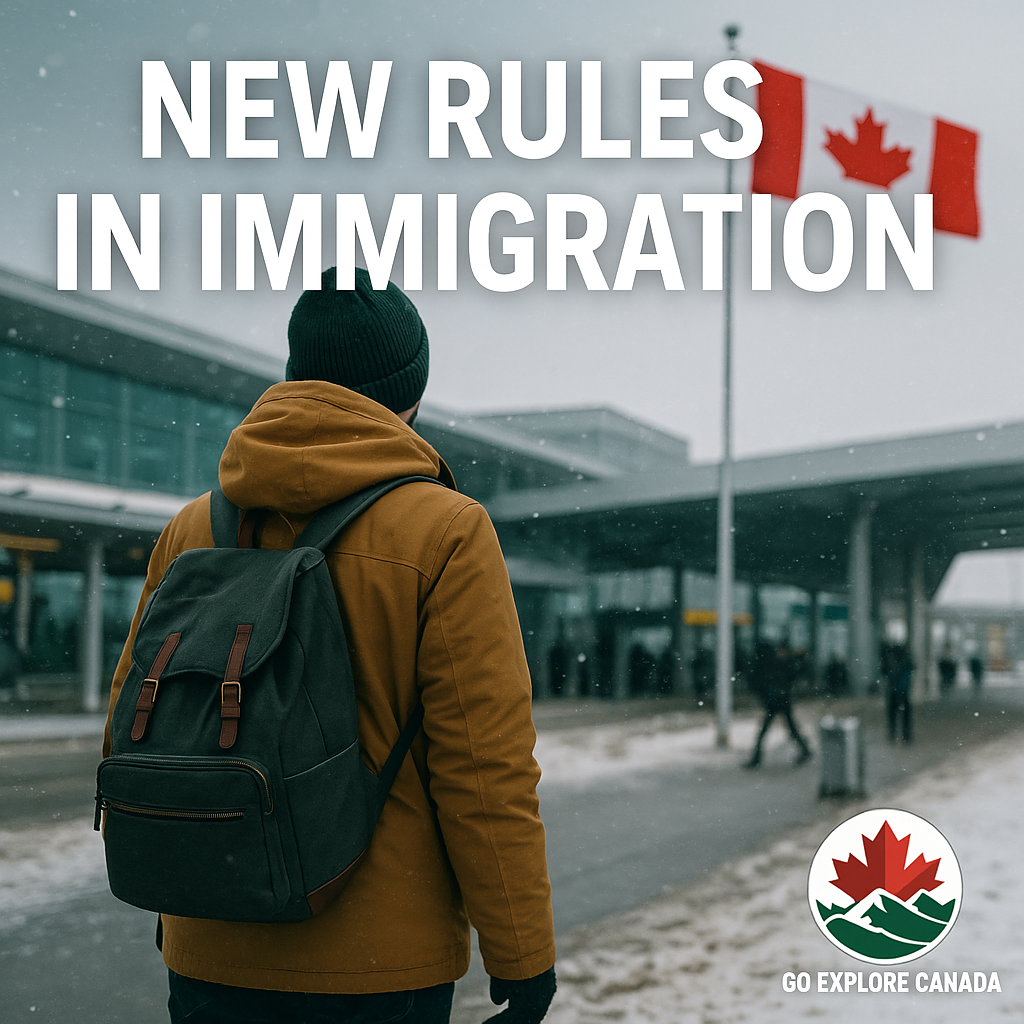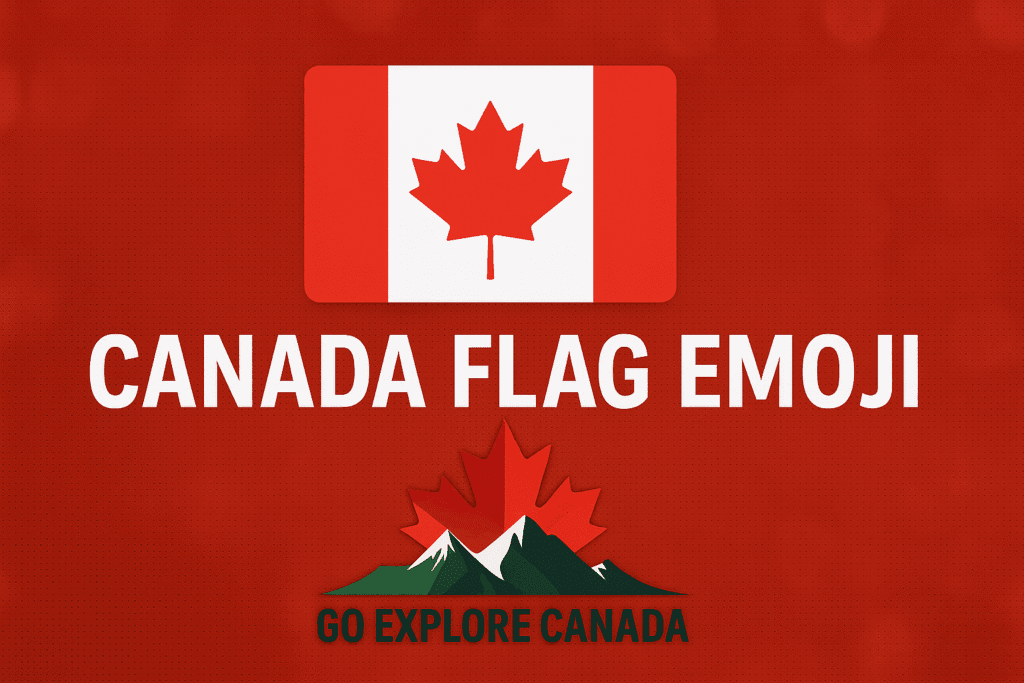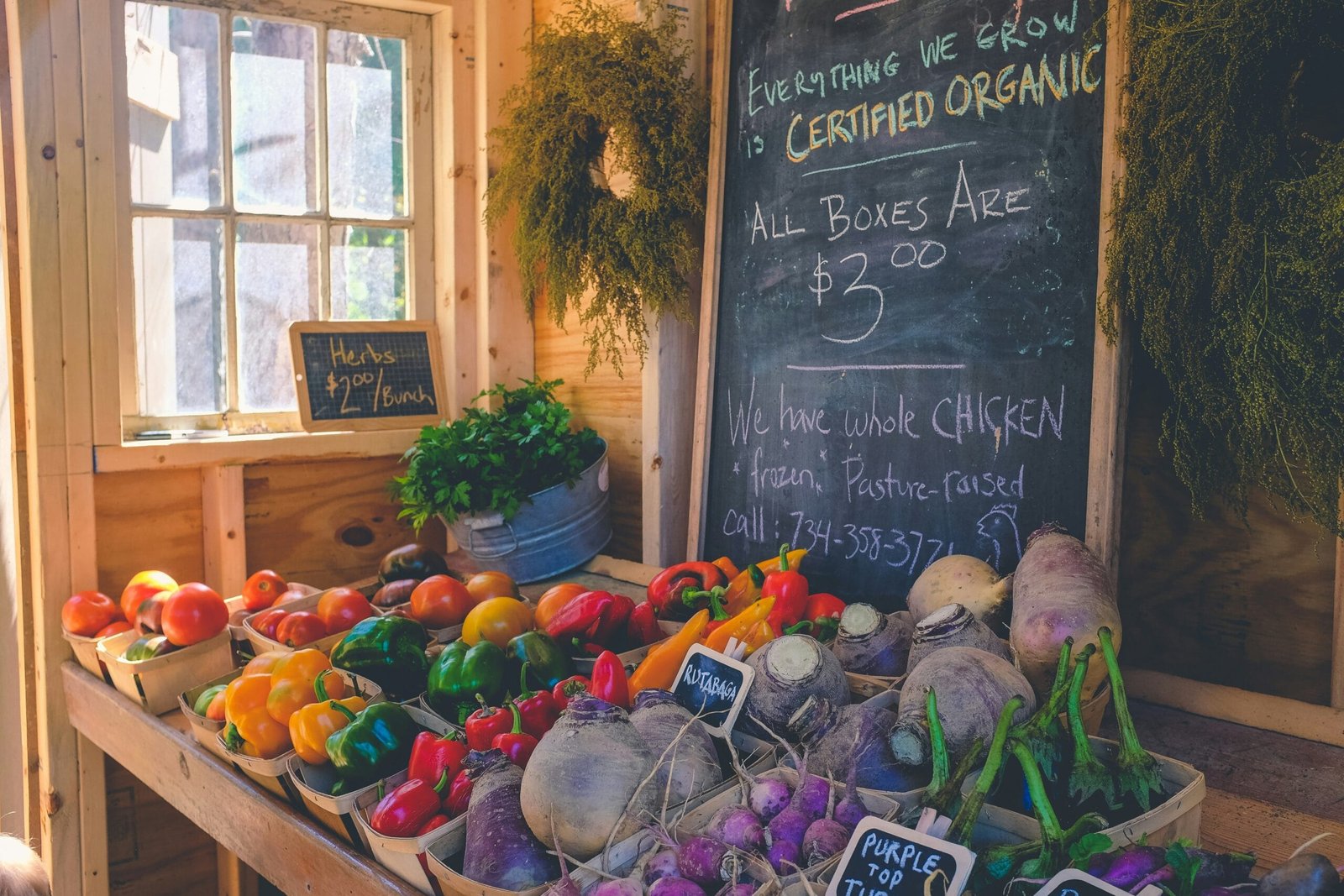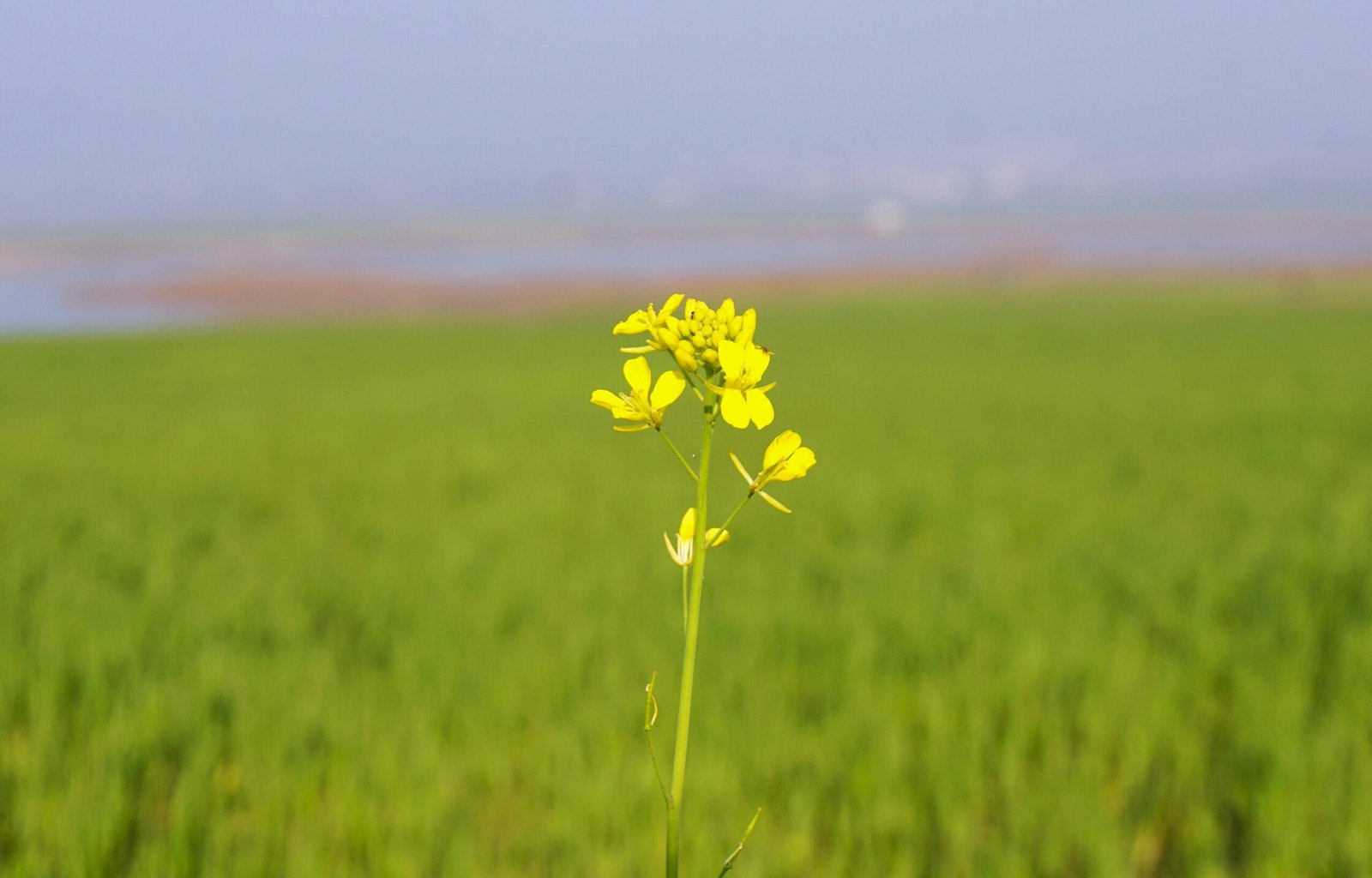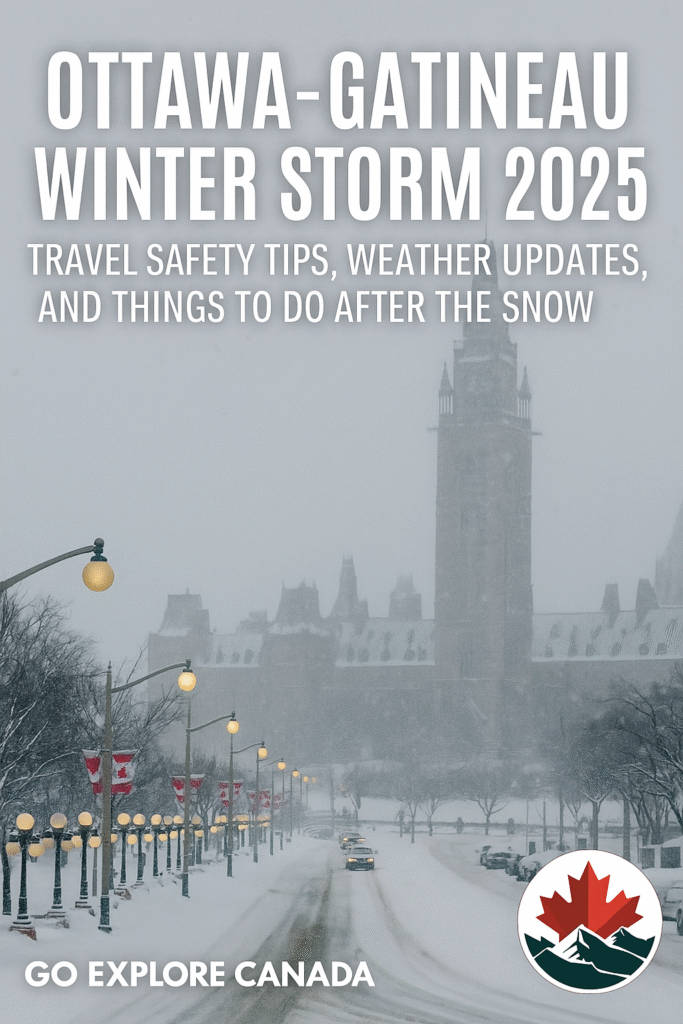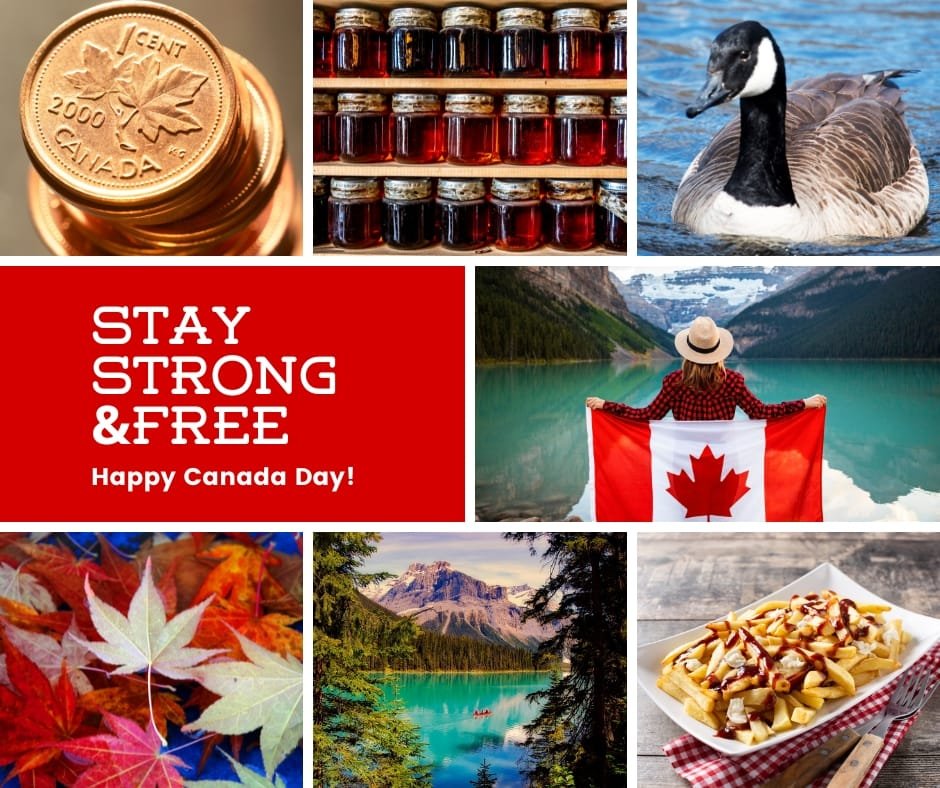
Celebrating Canada Day: A Guide to Understanding and Enjoying July 1st
Posted in General
Introduction to Canada Day
Canada Day, celebrated annually on July 1st, marks a significant milestone in the history of Canada. This national holiday commemorates the confederation of Canada, which transformed it into a self-governing dominion within the British Empire in 1867. The day is a reflection of the unity that binds the nation together, recognizing the sacrifices made by the early leaders and citizens who shaped the country’s identity.
The origins of Canada Day can be traced back to the British North America Act of 1867, commonly known as the Constitution Act. This landmark legislation united the three separate colonies of the Province of Canada, Nova Scotia, and New Brunswick into a single Dominion called Canada. Initially known as Dominion Day, this occasion was celebrated enthusiastically but officially recognized as Canada Day in 1982 when the Constitution Act was patriated.
Over the years, Canada Day has evolved into a celebration of not just the political events of 1867 but also the rich tapestry of cultural diversity that characterizes modern Canada. It serves as a platform to recognize the contributions of various cultures that enhance the Canadian experience, allowing citizens and visitors alike to participate in festivities that showcase this diversity. The events typically include parades, fireworks, concerts, and other community gatherings that highlight local traditions.
Furthermore, Canada Day is an opportunity for Canadians to come together and reflect upon their shared values and aspirations. It embodies pride in the nation’s achievements and a commitment to fostering inclusivity and understanding among its diverse populace. The spirit of Canada Day is not only a celebration of its history but also a reminder of the collaborative and harmonious future that its citizens strive to achieve.
The History of Canada Day
Canada Day, celebrated annually on July 1st, commemorates the confederation of Canada, marking a significant milestone in the nation’s history. The origins of this national holiday can be traced back to the British North America Act of 1867, which united three separate colonies: the Province of Canada, Nova Scotia, and New Brunswick into a single Dominion within the British Empire, known as the Dominion of Canada. This union was driven by various factors, including the desire for greater economic stability and political autonomy.
Initially, the day was referred to as “Dominion Day,” a term that reflected the governance of the newly formed federation. The first official celebrations took place on July 1, 1867, with events such as parades, fireworks, and communal gatherings. Over the ensuing decades, the tradition of marking this day became increasingly popular, prompting scaling events across the dominion, showcasing the patriotic spirit amongst its citizens.
The transition from Dominion Day to Canada Day occurred in 1982, when the name was formally changed through the Canada Day Act. This change highlighted a shift in national identity as Canada began to embrace its sovereignty, particularly following the patriation of the Constitution. As part of this rebranding, Canada Day evolved to include a wide range of festivities that reflect the diverse cultures and heritage of the nation.
Throughout its history, Canada Day has been a platform to acknowledge the contributions of influential figures such as Sir John A. Macdonald, George-Étienne Cartier, and many others whose efforts facilitated the Confederation. Today, Canada Day is celebrated not only as a remembrance of the past but also as a day of pride in the nation’s ongoing journey of unity and multiculturalism, resonating with the core values of freedom and diversity that define Canada.
Traditional Celebrations and Activities
Canada Day, observed on July 1st, marks the confederation of the country and is a time of national pride and unity for Canadians. Celebrations for this day vary widely across regions, showcasing the diverse cultural fabric of the nation. Traditional activities generally include fireworks displays, parades, and community festivities that bring together families and friends.
Fireworks are a hallmark of Canada Day evening celebrations, illuminating the skyline in almost every city and town. These displays often follow a day filled with parades, featuring colorful floats, marching bands, and local talent showcasing the vibrancy of Canadian culture. Cities such as Ottawa and Vancouver host some of the largest and most elaborate parades, attracting spectators from around the region.
Barbecues and picnics are also common, as families come together to enjoy traditional foods such as poutine, maple syrup treats, and of course, the quintessential Canadian burger. Parks, backyards, and waterfronts become gathering spots for these communal celebrations. While each province may have its unique flair, an underlying theme of community involvement is present throughout the country.
In many regions, local events are organized to foster connections within communities. Activities range from sports tournaments and cultural exhibits to music festivals, reflecting the rich heritage of Canada. Some communities may hold citizenship ceremonies, welcoming new residents and strengthening national pride. Overall, the significance of Canada Day goes beyond mere festivities; it embodies the spirit of inclusiveness and the celebration of identity.
As various traditions come together on this day, Canadians demonstrate their love for the country. The emphasis on community, family, and national pride during Canada Day celebrations creates a sense of belonging and shared history, making it a cherished occasion for all Canadians.
Symbols of Canada Day
Canada Day, celebrated annually on July 1st, is a day marked by the collective pride and spirit of Canadians, reflected vividly in various national symbols. Among the most recognizable of these symbols is the Canadian flag, known as the Maple Leaf. Introduced in 1965, the red and white emblem represents not only the nation’s identity but also its values of peace and tolerance. During Canada Day celebrations, the flag is prominently displayed across the country, flying on government buildings, homes, and community spaces, creating a visual tapestry of national unity.
Another important symbol of Canada Day is the national anthem, “O Canada.” The anthem, which was officially adopted in 1980, encapsulates the spirit and beauty of the nation. Its stirring melody and lyrics inspire patriotism among Canadians and resonate deeply during public gatherings and festivities. It is customary for Canadians to sing the anthem at various events, including fireworks shows, parades, and concerts held on July 1st, further solidifying the emotional connection to the day.
In addition to the flag and anthem, iconic landmarks serve as significant symbols of Canada Day. Structures such as the Parliament Buildings in Ottawa, the CN Tower in Toronto, and the Calgary Tower become focal points for celebrations, attracting thousands of visitors. These sites often host special events, including concerts, cultural performances, and fireworks displays, transforming them into vibrant hubs of activity. By associating landmarks with Canada Day celebrations, Canadians reinforce their national heritage while promoting a sense of belonging and community.
Overall, the symbols of Canada Day not only signify national pride but also serve as important reminders of the shared values and history that unite Canadians. These symbols, represented through various forms of expression, enhance the celebratory nature of July 1st, making it a day of reflection and joy for all Canadians.
How to Celebrate Canada Day: Ideas and Tips
Canada Day, celebrated on July 1st, is a momentous occasion that provides opportunities for Canadians to come together and acknowledge their heritage. Whether it’s from the comfort of your home, within a local community, or while traversing the beautiful landscapes of Canada, there are various creative ways to mark this national holiday.
One popular method of celebrating Canada Day is by organizing gatherings with family and friends. Consider hosting a barbecue or picnic, where attendees can indulge in traditional Canadian cuisine. Think poutine, butter tarts, and maple syrup-infused foods. Encourage guests to wear red and white attire to showcase patriotism. You might even opt for a potluck-style meal where each guest contributes a dish that represents their region in Canada, allowing for a flavorful and diverse culinary experience.
Involving children in the celebrations can create lasting memories and foster a sense of national pride. Plan crafts that highlight Canadian symbols, such as making maple leaf art or creating Canadian flags. Additionally, organizing games that are rooted in Canadian culture—or modifying classic backyard games with a Canada Day twist—can be entertaining for children of all ages.
Another enriching way to commemorate this special day is through art and music. Explore local events that feature Canadian artists or musicians, or curate a playlist of iconic Canadian songs to play at your gathering. Consider visiting local art galleries or exhibitions that celebrate Canadian talent, emphasizing the creativity and diversity of the country.
Traveling within Canada on this day can also enhance the experience. Many cities host fireworks displays and public events, offering immersive celebrations that connect you with the larger Canadian community. Whichever way you choose to celebrate Canada Day, infusing elements of culture, cuisine, and creativity will ensure a memorable day for all. In summary, the essence of Canada Day lies in sharing experiences and embracing the rich tapestry of Canadian identity.
Canada Day Across the Provinces and Territories
Canada Day, celebrated on July 1st, is a nation-wide event that brings together Canadians from coast to coast. Each province and territory holds its unique festivities, showcasing regional traditions and cultural nuances that reflect the diverse landscape of our great nation.
In British Columbia, celebrations often take place at beautiful waterfront locations, where fireworks illuminate the night sky. Vancouver’s Canada Day event features multicultural performances, food trucks offering a taste of local cuisine, and family activities, making it a vibrant gathering for residents and tourists alike.
Moving east to Alberta, the festivities often incorporate elements of Western culture, including rodeos and music festivals in cities like Calgary. The province hosts numerous parades, with locals taking pride in showcasing their heritage through floats and traditional dress.
In the central regions, such as Ontario, large cities like Toronto and Ottawa engage in substantial celebrations. In Ottawa, the capital city, thousands gather for the Canada Day festivities on Parliament Hill. Events include concerts, speeches from dignitaries, and the iconic evening fireworks display. Ontario’s communities also celebrate with various activities, including fairs, cultural exhibitions, and barbecues, reinforcing a sense of unity among residents.
Quebec adds its unique flavor to Canada Day with a blend of its cultural heritage. Events may include traditional music and dance celebrations alongside grilled delicacies. The province often embraces both French and English aspects of the day, reflecting the bilingual nature of Canada.
The Atlantic provinces bring forth their distinct maritime charm to celebrations. From parades featuring lively musicians in Halifax to local seafood feasts in St. John’s, each province presents its regional character. In the Northwest Territories and Yukon, celebrations can be quite unique too, with a focus on Indigenous culture, featuring storytelling, traditional games, and arts.
Overall, Canada Day serves as a reminder of the nation’s rich tapestry woven from various cultures and traditions, reinforcing the essence of unity in diversity.
The Role of Indigenous Peoples on Canada Day
Canada Day, celebrated annually on July 1st, marks the confederation of Canada. However, as the nation observes this important day, it is essential to recognize and acknowledge the role of Indigenous peoples in its history and culture. The commemoration of Canada Day should not only reflect pride in national achievements but also foster a genuine respect for Indigenous contributions, experiences, and histories that predate Canadian confederation.
Engaging in conversations about reconciliation is pivotal during Canada Day celebrations. Reconciliation involves a commitment to acknowledge the historical injustices faced by Indigenous communities, including land dispossession, forced assimilation, and cultural erasure. By understanding these complexities, Canadians can approach Canada Day with a more comprehensive perspective, recognizing that true celebration must encompass all narratives that shape the nation.
Key to this acknowledgment is the integration of Indigenous culture into the celebrations themselves. Canadians have the opportunity to participate meaningfully by including Indigenous voices, traditions, and practices in their Canada Day activities. This can be achieved by attending local events that highlight Indigenous performances, music, art, and storytelling, thereby creating spaces for Indigenous peoples to share their culture and perspectives. Such practices not only enrich the celebrations but also cultivate awareness and empathy among non-Indigenous attendees.
Furthermore, Canadians can support Indigenous communities by educating themselves about local histories and ongoing issues faced by Indigenous peoples. This includes understanding Treaty rights, advocacy efforts, and cultural preservation initiatives. By fostering this knowledge, individuals can engage in respectful dialogue that honors Indigenous realities and contributes to healing relationships.
In summary, embracing the full scope of Canada Day means celebrating the historical and contemporary contributions of Indigenous peoples. Acknowledging their role, participating in cultural exchanges, and investing in education about Indigenous rights creates a more inclusive and respectful atmosphere for all Canadians during this national celebration.
The Impact of Canada Day on National Identity
Canada Day, celebrated on July 1st, plays a crucial role in shaping the national identity of Canadians. It marks the anniversary of the Confederation, when Canada became a self-governing dominion within the British Empire. This significant historical event serves as a foundation for collective national pride, fostering a sense of belonging among Canadians of diverse backgrounds. The day is characterized by widespread celebrations that include fireworks, parades, and community festivals, bringing together individuals from different regions and cultures to honor their shared identity.
Patriotism is a core theme during Canada Day festivities. The Canadian flag is prominently displayed, and anthems such as “O Canada” are sung with enthusiasm, reinforcing a common national narrative. This display of patriotism, however, goes beyond mere symbolism; it is an expression of Canadian values such as peace, diversity, and respect. By engaging in Canada Day celebrations, citizens reaffirm their commitment to these principles, shaping a cohesive national identity that is reflective of the country’s aspirations.
Inclusivity is another vital aspect of Canada Day. As a celebration of Canada’s multiculturalism, the observance encourages participation from various cultural communities throughout the nation. Events across different regions often highlight the traditions and contributions of Indigenous peoples and immigrant cultures, emphasizing the shared heritage of all Canadians. This inclusivity affirms the narrative that Canada is a mosaic of cultures, fostering unity among its citizens while acknowledging the richness of their diverse backgrounds.
In essence, Canada Day serves as a powerful reminder of the country’s enduring values and aspirations, reinforcing a national identity rooted in pride, patriotism, and inclusivity. This celebration not only commemorates historical events but also strengthens the bonds among Canadians, illustrating how July 1st is more than just a holiday; it is a crucial element in the ongoing story of what it means to be Canadian.
Conclusion: What Canada Day Means for Canadians
Canada Day, observed annually on July 1st, is not merely a holiday but a significant occasion that resonates deeply with Canadians across the nation. It serves as a commemorative day to reflect on the establishment of Canada as a self-governing dominion in 1867, marking the unification of the original provinces while fostering a national identity. This day encapsulates the essence of our shared history, highlighting critical milestones that have shaped the country.
The celebration of Canada Day extends beyond mere festivities; it embodies a collective spirit of pride and unity among Canadians. Each year, various activities such as parades, fireworks, and community events showcase the diverse cultures and histories that encompass this vast nation. Through these celebrations, Canadians are reminded of their common values and the importance of inclusivity. The day offers an opportunity to appreciate the rich tapestry of cultures that contribute to Canada’s unique identity.
Moreover, Canada Day has a significant role in promoting reflection on the ongoing journey of the nation. It prompts citizens to consider the progress made while recognizing areas for growth and improvement. As we celebrate, it is crucial to acknowledge the historical contexts of the land we inhabit, including a commitment to reconciliation with Indigenous communities, which is a vital aspect of our national dialogue.
Ultimately, Canada Day stands as a testament to the enduring spirit of togetherness that defines our nation. It reinforces the fundamental belief in collaboration and shared responsibility among Canadians, allowing everyone to come together and celebrate their collective identity. With each passing year, the significance of Canada Day continues to grow, serving as a reminder of the values that unite us and the aspirations we hold for a brighter future.

Welcome to GoExploreCanada.com, your go-to guide for exploring Canada. Discover tips, travel guides, and stories about the breathtaking landscapes, vibrant culture, and delicious cuisine from coast to coast. Join us on an adventure to uncover the hidden gems of Canada!
“Canada Is My Therapy” Hiking & Camping Shirt – Explore. Camp. Breathe.
Price range: $20.50 through $34.00


